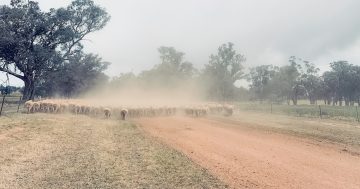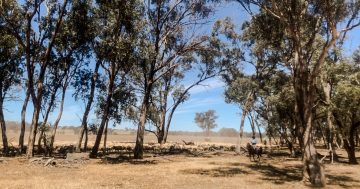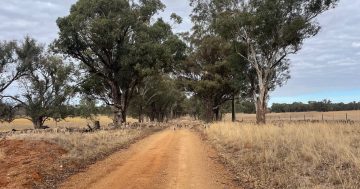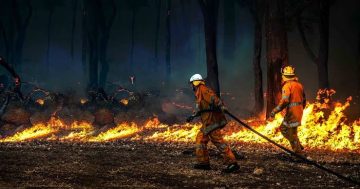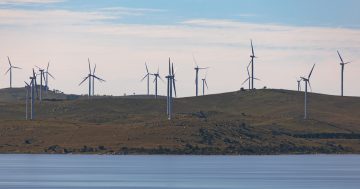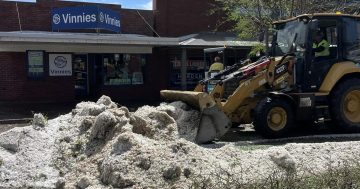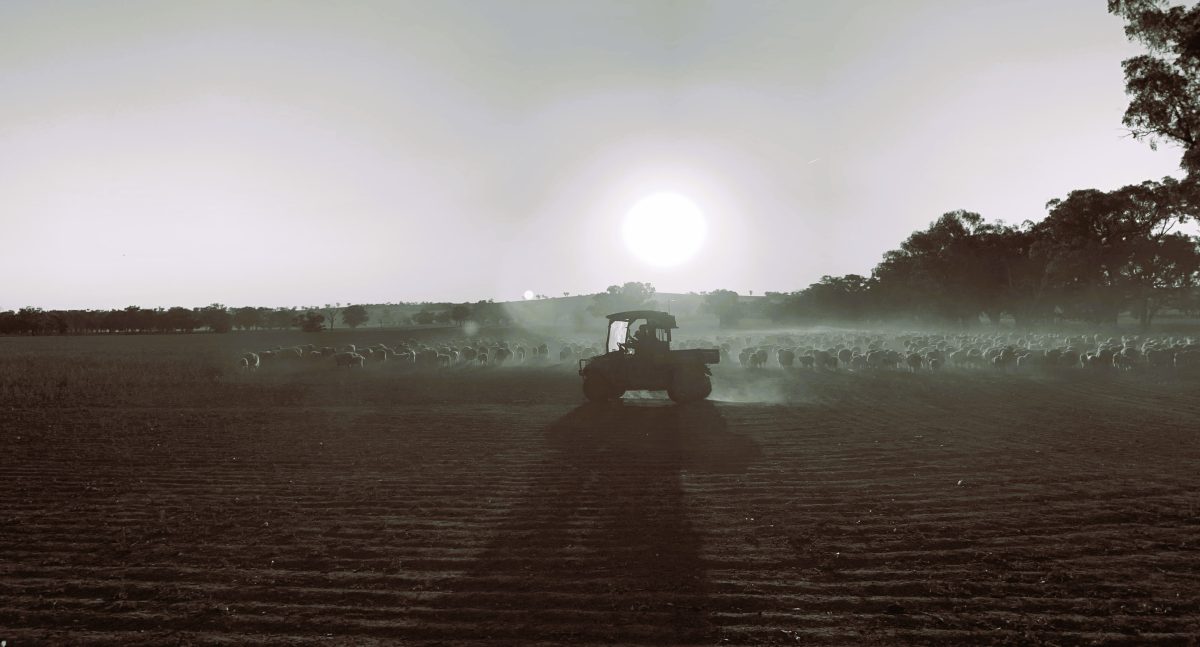
Almost 30 per cent of NSW is now drought-affected. Photo: Edwina Mason.
A regional summit representing farming interests across southeastern NSW has called on the State Government for immediate support over drought concerns.
The Southern NSW Drought Summit – organised by seven mayors from drought-affected local government areas (LGAs)in the Central Tablelands and Riverina – brought together farming representatives and state politicians to discuss the potential for coordinated drought response.
With farmers already dealing with low soil moisture, summit facilitator Mary Hoodless said there was no time to wait.
“The recovery from drought is painfully slow and precarious. A failed spring would be catastrophic, further delaying the replenishment of critical fodder reserves and compounding already severe financial and mental health strain,” she said.
“Producers face the brutal combination of soaring input costs, potential declines in commodity prices, and the emotional toll of rebuilding with no guarantee of stability.
“The summit made one thing clear: producers have done all they can … support must be timely, coordinated, and practical – and rooted in the experience of those on the land.”
The summit’s main aim was to call on the state to help deliver immediate financial relief through subsidies, grants, or waivers.
They also asked for targeted recovery programs and reform of the National Drought Agreement to recognise drought as a natural disaster.
While there have been worse droughts, Yass Valley Mayor Jasmin Jones said it was the persistence of water shortages over the past two seasons that made it so difficult.
“Even our most resilient producers are reaching breaking point and listening to some of the farmers … I’m talking about old cockeys that have been in the farming business for generations and have gone through eight droughts and two floods, saying this is the worst that they’ve seen it because of that slow insidious creep of drought.”
Drought conditions have been taking hold in the southeast over the past two years. The Cootamundra-Gundagai and Snowy Valleys LGAs were declared to be in mild drought conditions last year. They are now not only in drought conditions but are the two most drought-affected areas in NSW.
Almost 30 per cent of NSW is in drought according to the NSW DPI, with virtually all of the council areas west of Canberra affected.
One of the key outcomes farmers are hoping for is a coordinated response similar to that seen in South Australia and Western Australia in recent months.
According to Mayor Jones, many in her area are already looking at downsizing their herds due to the fear that fodder shortages and a bad spring could decimate them.
But despite their pleas for help, they have heard little from the State Government.
“The things that we put on the table that we wanted to see happen immediately was an immediate release of funding to support farmers with fodder and freight; that hasn’t happened.
“A key outcome that we asked for was a government-led producer, informed drought task force that’s yet to happen. So the clock is ticking today.”
Region contacted NSW Agriculture Minister Tara Moriarty’s office about the potential for drought support, but did not receive a reply before publication.
Farmers and graziers across the southeast are now looking nervously at the coming spring amid fears their situations could become more dire.
Mayor Jones warned the region was now seeing a mental health crisis evolve.
“There’s a lot of stress in our community and the suicide risk … emotional fatigue is rising, and it stretches beyond the farms because you’ve got kids that are witnessing their parents working 80 hours a week, just to hand feed the stock and try and keep everything on track it impacts on the schools, the sports, the health services and your whole community.”
If this story has raised any issues for you, you can call Lifeline’s 24-hour crisis support line on 13 11 14.







